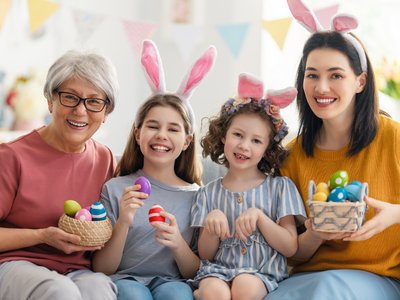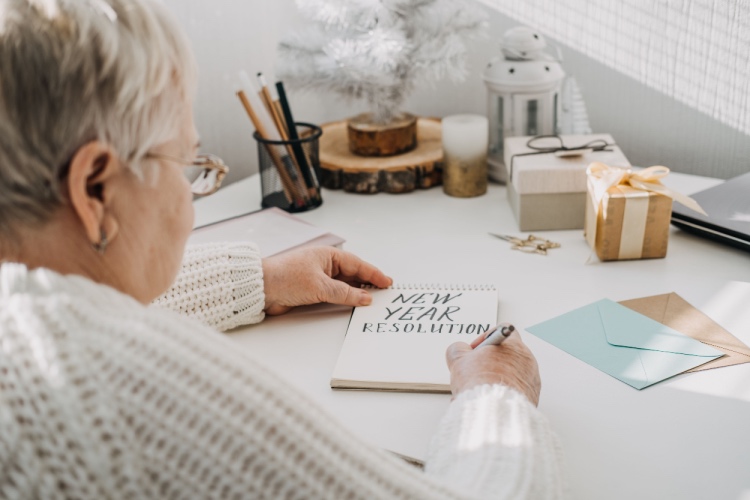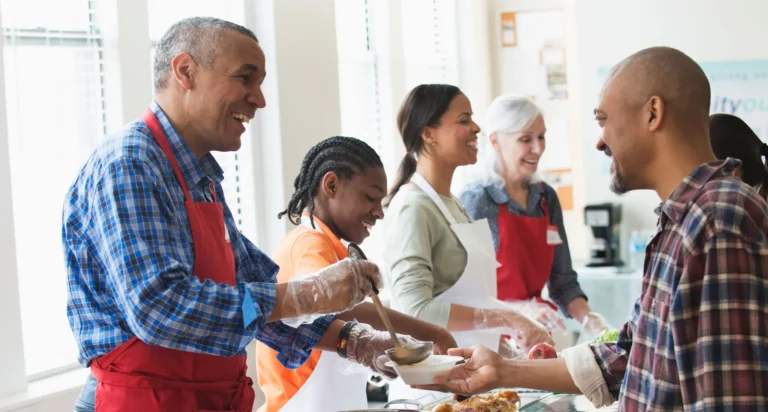Human connection is defined as a deep bond between two people when they feel valued and seen. These connections are vital to our overall well-being, affecting both our physical and mental health. A good friend can be our sounding board, our safe space, our stress reliever, and our sense of purpose.
As children, we are surrounded by numerous opportunities to form friendships. A trip to the playground, a new sports season, and a day at school are all open invitations to interact with others of the same age. Sometimes these relationships are fleeting, lasting for just the length of our playground visit. Other times, they are the very foundation on which life-long friendships are made. Either way, children tend to easily connect with others and fill their time with joyful play and laughter.
Once we get a bit older, our relationships tend to shift and center more around common interests. We gravitate towards those who like the things we like, engage in similar activities, and share similar beliefs. We immerse ourselves into more meaningful relationships, forming deep connections or bonds with others.
Along the way, we sometimes experience heartaches as a result of friendships, but mostly, we experience comfort and joy. Each person we come across in life serves a purpose– some come into our life for a reason or a season, and others come into our lives for a lifetime. With each relationship, we can feel the positive benefits that result from that human connection.
In terms of mental health, friendships help to increase your sense of purpose and belonging. Having just a handful of meaningful relationships can help prevent feelings of loneliness, isolation, and depression. These connections can help to boost your confidence and provide you with a network of individuals who can provide you with support during hard times. It’s in these relationships that you usually share your highest highs and lowest lows; good friends are the first people you call to share big news, whether good or bad. They provide us with the emotional support necessary to overcome challenging times like the death of a loved one, the loss of a job, struggles with our children or other relationships, the end of a marriage, or any other life changing scenarios. Good friends also share the joyous occasions in our lives, like weddings, births, promotions, and everything in between.
Our friends act as natural stress relievers, listening to us when we need to release the weight of the world. Even if they cannot offer advice, they help us by just being there. They can serve as a positive influence when we need affirmation or redirection during difficult times. A good friend cheers us on and has our back, always wanting the best for us and inspiring us to be better versions of ourselves. They can motivate us to get physically healthy– whether it’s by losing weight, overcoming an addiction, or seeking support for mental health issues. Adults with meaningful connections tend to have a reduced risk of many significant health problems. This can include, but is not limited to, lower BMI, blood pressure, and reduced risk of depression, as well as sharpened focus and memory and a strengthened immune system; studies even show that those with meaningful relationships can even live longer!
It’s evident that deep human connections have numerous positive impacts on our overall well-being. However, as we age, it becomes more difficult to maintain existing friendships and make new friends. Retirement, loss of a spouse, immobility, loss of independence, health issues, and vision and hearing loss are among some of the reasons why seniors have a difficult time nurturing existing relationships and forming new ones. Ironically, it’s also as we age that our friendships have a more profound impact on our lives. With this being said, it’s important that we find ways to keep our existing relationships strong and continue to find ways to build new relationships. Finding others who are supportive and share similar interests are a great way to expand your social circle. Here are a few recommendations to help you build new relationships and nurture existing friendships.
- Set up a Standing Date: Whether it’s a weekly phone call or a standing lunch date, either will provide you with the interaction we naturally crave! By making it a standing date, it becomes part of your schedule and routine, so it’s more likely to happen. If we “try to make plans” to get together, we can find a million reasons to let the opportunity pass us by. Pick a time and date that works for both parties and let it be a consistent event that happens on a regular basis– it will provide you something to look forward to and something that you can depend on.
- Take a New Class: If you’re looking for a new relationship/friendship, consider signing up for a local class that interests you– whether it be painting, cooking, sewing/knitting, woodwork, or whatever you fancy! This is a great way to meet others who already share a common interest. Classes are usually recurring and offer an opportunity to meet up with the same people on multiple occasions. You can make new friends while you spend your time meaningfully, doing something you enjoy.
- Join a Club: Much like taking a new class, you can join a club based around something you enjoy. Within the club will likely be other members who share similar interests. This is a great opportunity to interact with like-minded people.
- Volunteer: By giving freely of your time to a cause that is dear to your heart, you can connect with others who are dedicated to a common cause.
Friendships are good for the body, mind, and soul. The more you nurture them, the stronger they grow. You will continue to feel the positive benefits of these deep connections. Even if you have one good friend, you can consider yourself blessed and your life will be enriched!












